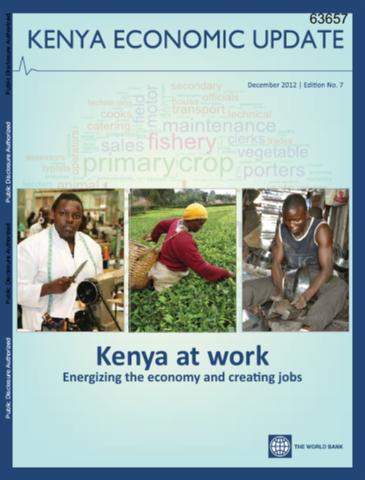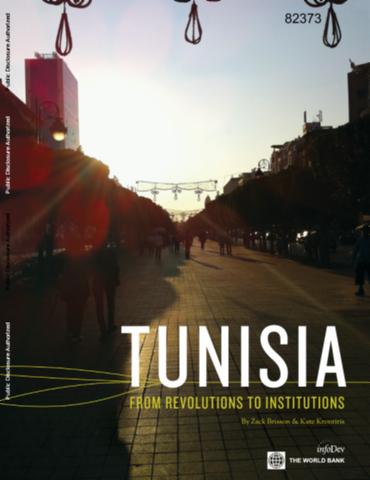Health and living conditions of Palestinian refugees residing in camps and gatherings in Lebanon: a cross-sectional survey
BACKGROUND: Palestinian refugees have lived in camps and gatherings in Lebanon for more than 60 years. They are socially, politically, and economically disadvantaged as a result of discriminatory laws and decades of marginalisation, as shown by the absence of property rights and being banned from more than 30 occupations. In Palestinian refugee camps and gatherings, the provision of housing, water, electricity, refuse, and other services are inadequate and contribute to poor health.
Challenges and opportunities in linking carbon sequestration, livelihoods and ecosystem service provision in drylands
Changes in land use and management practices to store and sequester carbon are becoming integral to global efforts that both address climate change and alleviate poverty. Knowledge and evidence gaps nevertheless abound. This paper analyses the most pressing deficiencies in understanding carbon storage in both soils and above ground biomass and the related social and economic challenges associated with carbon sequestration projects.
Protected areas do not fulfil the wintering habitat needs of the trans-Saharan migratory Montagu’s harrier
Populations of migratory birds can be affected by events happening at both breeding and wintering grounds. The Sahel is a vast region holding a large number of wintering trans-Saharan migratory European birds, and current land-use changes there may represent a threat for these species. We used satellite tracking data from the migratory Montagu’s harrier to evaluate habitat use of the species during the wintering season, and whether the current network of protected areas is effective to provide their habitat needs during that season.
REDD+ and rural livelihoods
Focusing on incentive schemes that induce participation in land-use activities to supply environmental services, this paper examines the potential impacts of REDD+ on livelihoods, in particular with respect to incomes and poverty alleviation. Two case studies, each at a different scale, are presented. First, the N’hambita Community Carbon Project in Mozambique, a REDD+ project, promoted agro-forestry and reforestation activities along with alternative livelihoods.
The Nile River Basin: water, agriculture, governance and livelihoods
Threatened access, risk of eviction and forest degradation: case study of sustainability problem in a remote rural region in India
Degradation of common pool resource (CPR) in developing countries has often been traced to high rate attached by poor people in discounting future flow of benefits, market failure, pressure on carrying capacity or sometimes property right failure. However, the concept of poorly enforced property right and particularly risk of eviction as a measure of insecurity of land tenure has not been adequately examined in the context of degradation of CPR.
Linking poverty, HIV/AIDS and climate change to human and ecosystem vulnerability in southern Africa: consequences for livelihoods and sustainable ecosystem management
People in southern Africa are facing escalating levels of risk, uncertainty and consequently vulnerability as a result of multiple interacting stressors, including HIV/AIDS, poverty, food insecurity, weak governance, climate change and land degradation, to name but a few. Vulnerability or livelihood insecurity emerges when poor people as individuals or social units have to face harmful threats or shocks with inadequate capacity to respond effectively. In such situations, people often have no choice but to turn to their immediate environment for support.
Vulnerability, forest-related sectors and climate change adaptation: The case of Cameroon
In Cameroon and elsewhere in the Congo Basin, the majority of rural households and a large proportion of urban households depend on plant and animal products from the forests to meet their nutritional, energy, cultural and medicinal needs. This paper explores the likely impacts of climate-induced changes on the provisioning of forest ecosystem goods and services and its effect on the economic and social well-being of the society, including the national economy and the livelihoods of forest-dependent people.
Land-cover change and human population trends in the greater Serengeti ecosystem from 1984–2003
The growth of human populations around protected areas accelerates land conversion and isolation, negatively impacting biodiversity and ecosystem function, and can be exacerbated by immigration. It is often assumed that immigration around protected areas is driven by attraction in the form of economic benefits, but in many cases, people may be pushed from their areas of origin toward protected areas. Mitigating the effects of immigration around protected areas necessitates understanding the actual mechanisms causing it, which can be aided by analysis of patterns of land-cover change.
Kenya Economic Update, December 2012
Kenya withstood another difficult year in 2012 as policy tightening and weaker global demand slowed economic activity. With decisive fiscal and monetary policies, the government managed to restore confidence in Kenya's medium term prospects. Kenya's growth rate is still below its potential and its peers, external imbalances remain which threaten its future growth, and the pace of economic growth is not generating enough modern sector wage jobs.
Tunisia
In the wake of the revolution, Tunisian society is currently undergoing a significant transformation. In late 2011, the country's first representative government in more than three decades was formed, as the Constituent Assembly was seated. Hundreds of legitimate candidates ran in an election that was free, fair, and enjoyed nearly 90 percent participation by eligible voters.



